Regular oil and filter changes are a way of life for any vehicle. The life of a Volvo engine depends on this simple routine service.
But is it really so simple?
Well sure. You just use a genuine Volvo oil filter and engine oil meeting API service designation SP, the latest such designation.
Right?
Well, actually not.
SP-compliant oil is certainly quality oil, and it’s what you use in most of the cars in your shop, so is it the best choice for Volvo vehicles as well?
Before you answer, consider this. Some other high-end European auto makers have their own standards for engine oil, and so does Volvo. So is Volvo-specified oil different? Better? And why?
Let’s start with the “why.â€
Since around 2015, Volvo has specified 0W-20 synthetic engine oil for its gasoline-powered cars and SUVs. Such oils provide good cold cranking along with protection when the oil is hot and thin. But there’s much more to the story.
Engine oils do a lot of other things as well. They must have anti-wear agents like titanium compounds, they must have low volatility to control oil burn-off, yet they must be free-flowing. Today’s smaller engines have smaller oil passages and finer oil filtering media, so the oil must be able to pass through readily. And engine oils must have excellent dispersement qualities in order to keep particulates from collecting into harmful deposits.
Now all quality oils meeting the current API standard will have these features. And, in addition to the standards set by the American Petroleum Institute (API), there are international organizations that set engine oil performance specifications as well. Some of these criteria are not part of the API standards, and some that overlap API standards have differing specifications.
As it turns out, Volvo requires oil that exceeds a number of these various standards, both domestic and international. Such standards feature a variety of scientific units of measure, too complex to explain in this article. But what is important is that Volvo-specified oil meets and often exceeds the API service designation standards, and also meets or exceeds some of these international standards as well.
For example, there’s a European ACEA standard for fuel economy as it relates to engine oil. The latest specification (as of 2016) is >3.0%. Volvo-approved oil is specified at >3.4%. A similar but separate standard for engine oil fuel economy has been jointly established by API and ILSAC. These standards are referred to as ILSACGF-6A and ILSAC GF-6B, and specified Volvo-approved oil meets, and often exceeds, these standards as well.
SAE standard J300 for high temperature high shear strength is set to be >2.6. Volvo specifies >2.75. And SAE J300 dictates that 0W-20 oil must have a minimum viscosity of 6.9, while Volvo requires a minimum viscosity in this test of at least 7.0.
Furthermore, there are a variety of engine oil testing conventions established by the American Society for Testing and Materials. These establish procedures for testing all sorts of products and materials, including engine oil. Some of these conventions include:
| ASTM D5293 | Low temperature cold cranking properties |
| ASTM D4684 | Low temperature pumping viscosity properties |
| ASTM D445 | High temperature kinematic viscosity |
| ASTM D4683 | High temperature shear rate |
So, without getting too much further into the weeds, you can see that getting oil to meet U.S. and international standards can be challenging. But oil companies, in concert with Volvo, have many other criteria that oil must meet. Here’s just a sampling of characteristics that are tested:
- Pour point
- Gel prevention
- Volatility
- Shear stability
- Anti-foam
- Copper corrosion
- Fuel compatibility
And there’s even a European “black sludge” test that measures an oil’s “dispersability” — it’s ability to keep particulates from coagulating within the crankcase.
Here’s the point: Engine oil must be able to do much, much more than lubricate and protect crankshafts and engine bearings, piston rings and cylinder walls, camshafts and followers, and other vital engine components. Volvo engineers have gone to great lengths to partner with oil companies in search of the optimal formulations to protect Volvo’s legendary reputation for longevity and performance, while yielding the best possible fuel economy and lowest emissions levels.
As it turns out, there is only one oil that has met all of these requirements and has been approved for use in late-model Volvo vehicles, and that oil is Castrol Edge Professional V 0W-20. And it is this oil that Volvo recommends for all cars and SUVs starting with the 2015 model year.
Decoding Oil’s Alphabet Soup
The global economy has given rise to international cooperation on nearly every level of commerce. And that international impact is well known in the automotive industry. We have the so-called “foreign” car companies manufacturing vehicles on our shores, and we are making cars and parts all over the world.
So it is no surprise that there are entities all over the globe establishing standards for pretty much everything, including engine oils. Some of them are old familiar favorites, while others may be new to you. Here are a few of them, along with a brief explanation of their role in establishing engine oil characteristics.
SAE (sae.org)
Surely we’re all familiar with the Society of Automotive Engineers. They have established standards for classifying oil viscosity, in familiar numbers like SAE 0W-20, in which the first number demonstrates the oil’s functional viscosity in cold temperatures and the second number identifies the oil’s viscosity in hot temperature operation.
API (api.org)
The American Petroleum Institute provides service designations for oil quality and performance. Such service designations start with the letter “S” for Spark-ignited engines (gasoline-powered engines) or the letter “C” for Combustion-ignited engines (diesel-powered engines). The second character of the service designation is an alpha character. The most recent standard for gasoline engines is SP, and oils meeting this standard are backwards-compatible to previous standards. Oil may also be labeled as API “Resource Conserving” when meeting certain API criteria for the ability to enhance fuel economy.
ILSAC
ILSAC is the International Lubricant Specification Advisory Committee (ILSAC), which is a joint effort of U.S. and Japanese automobile manufacturers. ILSAC standards are based on and developed in conjunction with API and address fuel economy, emissions, and other parameters. The current ILSAC standard is GF-6. Sub-categories include GF-6A, which is backwards-compatible for use in older vehicles, and GF-6B, which applies to emerging new-generation 0W-16 engine oils.
ACEA (acea.be)
ACEA is the European Automobile Manufacturers’ Association. The acronym is derived from the French Association des Constructeurs Europeens d’Automobiles. This organization’s members are more than a dozen European vehicle manufacturers and directs many procedures and standards, including those for engine oil. ACEA-compliant oils are identified with an alpha-numeric designation. The highest quality oils meet ACEA C5 or C6.
ASTM (astm.org)
ASTM is the American Society for Testing and Materials. This organization develops procedures for testing all sorts of products and materials, including engine oil. These testing protocols are typically developed by both professional and volunteer representatives of the industries they serve. Their testing standards and procedures are accepted worldwide as being objective, thorough, and precise.
HTHS
This stands for High Temperature High Shear, which represents properties that allow oil to provide resistance to flow at elevated operating temperatures. This feature provides added protection to moving engine parts in high operating temperatures.
SAPS
SAPS is an acronym; it stands for Sulfated Ash, Phosphorus, and Sulfur. It represents a particular ratio of such content in engine oils and is commonly used as part of engine oil recommendations by European auto makers. These vehicle manufacturers can specify varying levels of these materials for different engine families.
Thanks to Castrol for providing information for this article.


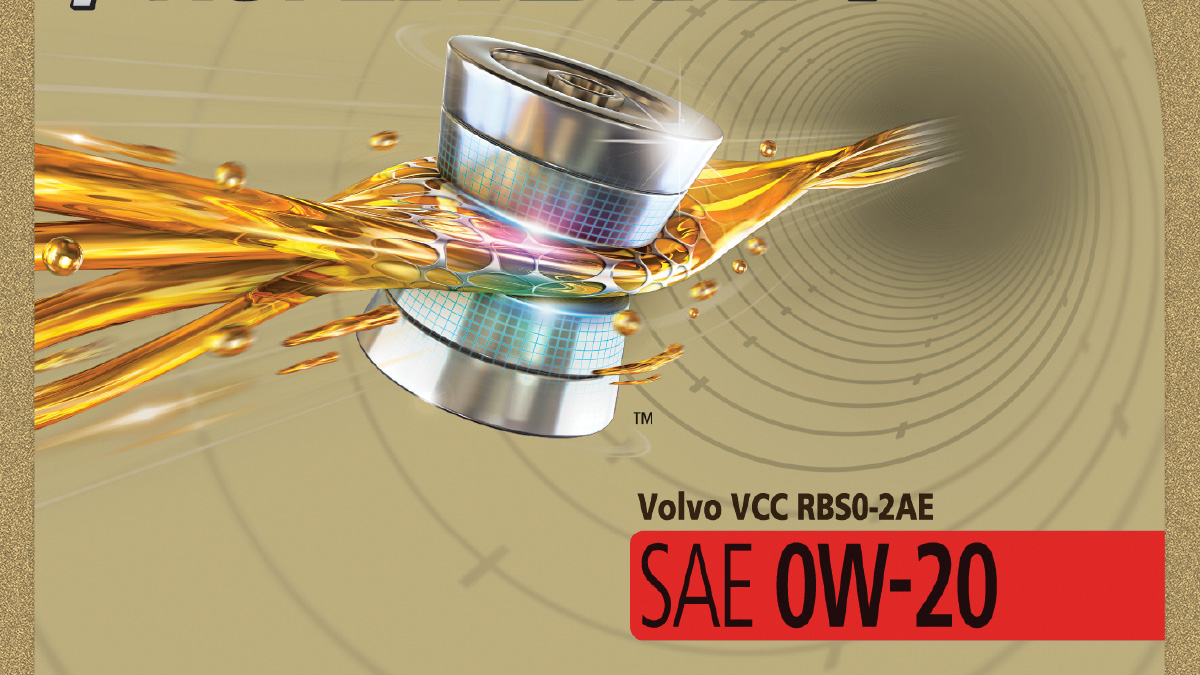
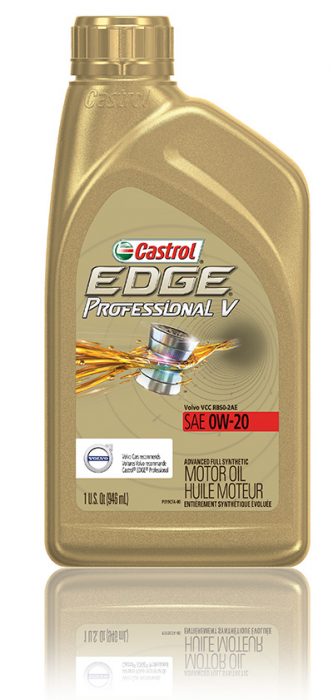
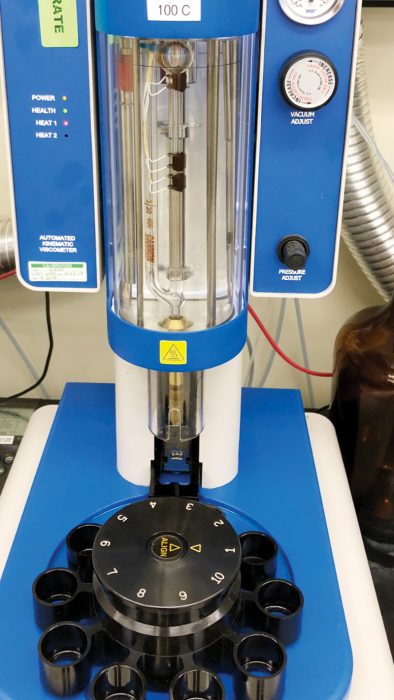
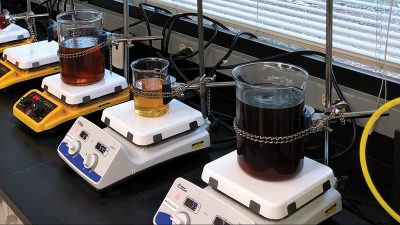



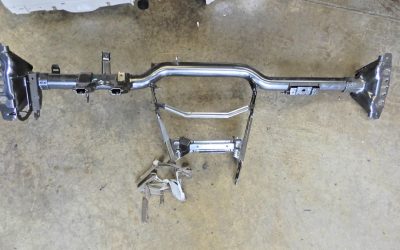
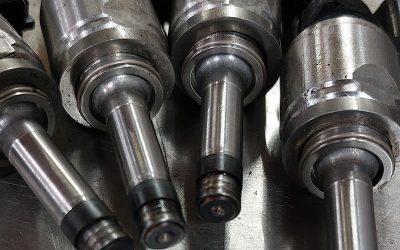
where can i purchase this oil
Hi Gus,
You can purchase the oil from your local Volvo Retailer. (Find your local retailer here: https://www.volvocars.com/us/dealer-locator/)
Good article. I hope to see information such as this and how it relates to Porsche automobiles.
This article states that the Castrol is the “only” approved oil. It seems you are saying that the Special Tec V 0W-20 by LIQUI MOLY with Volvo approval VCC RBS0-2AE is inadequate. Please confirm.
Hi David,
Volvo confirmed “that Castrol is the only approved oil supplier and Volvo only recommends EDGE Pro V 0W20 in the US.” Though there are other oil suppliers that may claim compatibility with Volvo vehicles, they are not the “Volvo approved” vendor for Volvo vehicles.
Please let us know if you have any further questions.